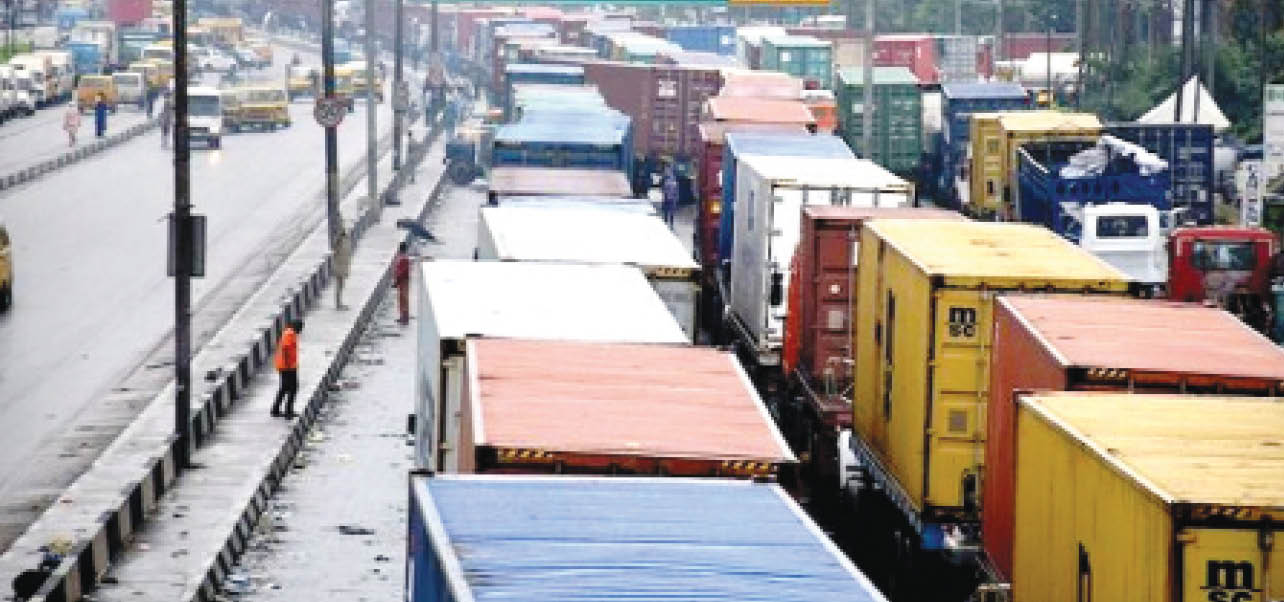The federal government has taken a step to stop the non-remittance of the ticket sale charge and cargo sale charge (TSC/CSC) by airline operators with the newly introduced Civil Aviation Act (CAA) 2022, which repealed the 2006 Act, Daily Trust can report.
This is coming amidst the outstanding indebtedness of N19bn and US$7.8 million, which accrued over the past decades.
The Nigeria Civil Aviation Authority (NCAA) had in August this year revealed the outstanding indebtedness and threatening at the time to ground defaulting operators.
Daily Trust reports that the 5% TSC/CSC was built into the ticket for onward remittance to the civil aviation authority, which in turn is shared among aviation agencies.
3 foreign NGOs stop work in Afghanistan after Taliban ban on women staff
FG to refund states money spent on COVID-19
But over the years, there has been a back and forth between CAA and the operators over the non-remittance of the funds.
The CAA had introduced automation to stop the funds from growing but the N19bn and $7.8m remain outstanding in the last two decades.
But the new CAA assented to by President Muhammadu Buhari and as recently gazetted has criminalised non-remittance of TSC/CSC by stipulating penalty including jail term for directors of the defaulting airlines.
On the 5% TSC/CSC, Section 23(1) of the new Act says: “There shall be a 5% of airfare, contract, charter and cargo sales charge payable to the Authority, which shall apply on all international and domestic air transportation originating in Nigeria irrespective of place of sale, issuance of air ticket or execution of the contract of carriage.
The subsection two of the Act added, “The 5% of airfare, contract, charter and cargo sales charge shall be chargeable on the total amount, excluding statutory fees and taxes – (a) paid by a passenger for an airfare; in a contract relating to carriage of persons or goods for hire and reward in the case of air transportation not involving the issuance of an air ticket; (c) paid for a charter flight; and (d) of the cargo sales.”
However, Sub-section 10 of the Act says, “An air operator, which fails to remit to the Authority, within the time specified in the regulations the 5% charge, commits an offence and its directors are each liable on conviction to a fine of N5,000,000 or imprisonment for a period of two years or both.”
In addition, the new Act expands funding sources for the CAA, which is solely funded by its internally generated revenue (IGR) as Section 23(6) says, “All AOC holders who manage aircraft other that of the operator, which aircraft is included in the operations specifications of the operator, shall pay a 5% management fee arising from such contracts.”
By this, any operator who charters an aircraft for its operation would be required to pay 5 per cent management fees on the charter contract.
Director-General of the Civil Aviation Authority, Capt. Musa Nuhu said the new Act would prevent further accumulation of debt by operators, saying the 5 per cent of TSC/CSC is critical to the operation of the CAA as it forms 80 per cent of its earnings.
Aviation analyst and former General Secretary of the National Union of Air Transport Employees (NUATE), Comrade Olayinka Abioye commenting on the new provision said, “Given the penchant of operators taking advantage of our lax rules and laws, I wholeheartedly welcome this new development. It is believed that prompt payment of such deductions will grow the industry as parties will have sufficient funds to run their programmes.”

 Join Daily Trust WhatsApp Community For Quick Access To News and Happenings Around You.
Join Daily Trust WhatsApp Community For Quick Access To News and Happenings Around You.


